US REITs to Continue Solid Performance in 2019, But Growth is Slowing
Strong balance sheets will provide ample access to the capital markets and the ability to fine-tune portfolios to match changing demographics and consumer tastes.

Philip Kibel
Moody’s Investors Service’s outlook for U.S. real estate investment trusts and real estate operating companies is stable for 2019. Commercial real estate fundamentals are expected to remain solid, though for many property types, growth is slowing. We expect net operating income to grow in the 1 percent to 3 percent range this year. Industrial and wireless tower REITs are enjoying exceptionally strong growth, while weak regional malls continue to face challenges.
REITs are entering this slower phase of growth with strong balance sheets. Leverage levels remain modest and the capital markets remain accommodating, with REITs able to issue unsecured debt at attractive prices. Investment-grade U.S. REITs maintain large committed lines of credit with diverse groups of strong financial institutions. Furthermore, REITs are enjoying access to private capital. Institutional demand for real estate remains strong, which is prompting most REITs to continue to be net sellers at prices that remain near cyclically high levels. In Moody’s view, the disconnect between public and private pricing could result in more M&A/privatization activity.
Potential for Positive Outlook
At the same time, REITs are well positioned for rising interest rates, with fixed-charge coverage ratios at historically high levels and modest variable rate debt exposures. Robust debt issuance over the past few years has extended the companies’ debt maturities, which are well-laddered, while solid cash flows are likely to help offset pressure from higher interest costs.
For 2019, REITs will continue to adapt to meet shifting consumer tastes and demographics. For example, mall operators are actively leasing more space to dining, entertainment, health and wellness tenants, while in the office space, tech and media companies are pushing landlords to provide a working environment that is both rich in amenities, as well as more flexible. For the industrial sector, e-commerce users are driving the design of larger warehouse facilities, while Moody’s expects building specs to become more critical and sophisticated as the supply chain emphasizes efficiency. In the multifamily sector, location and amenities continue to attract residents with REITs focused on meeting the demands of renters, particularly Millennials. In the healthcare sector, health system consolidation/hospital ownership of physician practices are driving demand for larger medical office buildings situated on campus or in community core settings.
In Moody’s view, factors that could change the outlook for U.S. real estate investment trusts to positive include, profitable and strategic growth that enhances scale and diversification, while maintaining modest leverage on a consistent basis. In addition, improved earnings trends translating into stronger credit metrics and large, high-quality unencumbered asset pools enhancing financial flexibility will also be positive. On the other hand, factors that could change the outlook to negative include a weakening operating environment that pressures cash flows and credit metrics combined with growing development pipelines and aggressive acquisitions that pose operating and financing risks. Furthermore, a widening risk premia that affects capital access and liquidity, coupled with significant, rapid interest-rate increases and large exposures to tenants with credit or operating challenges, will also be negative.


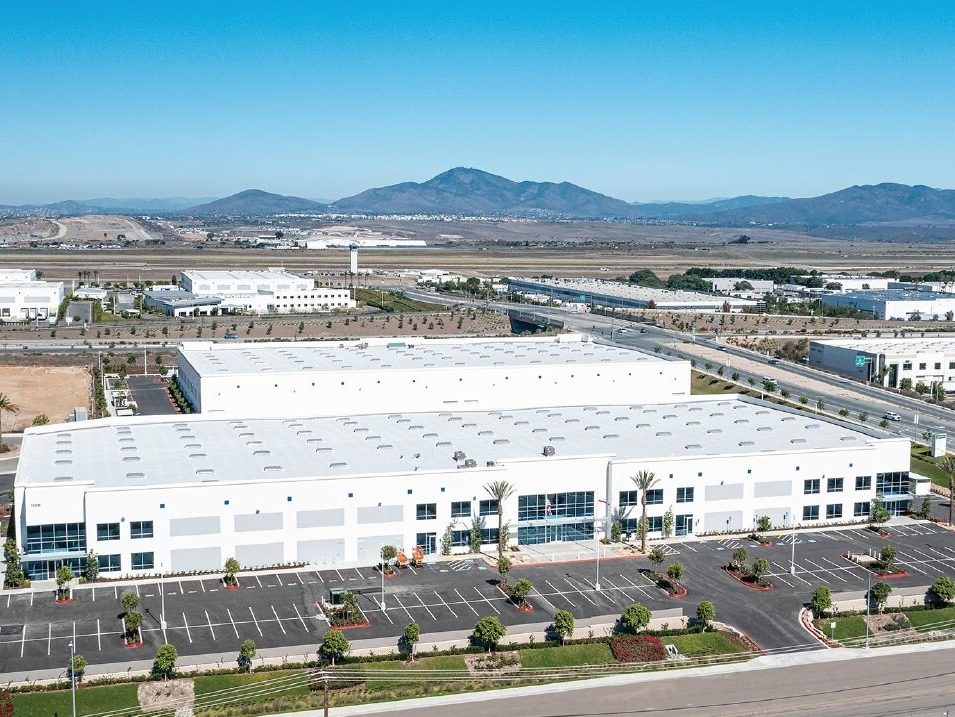
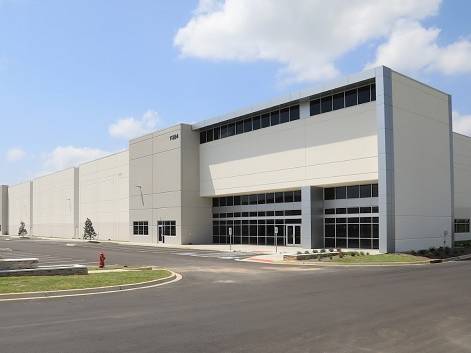
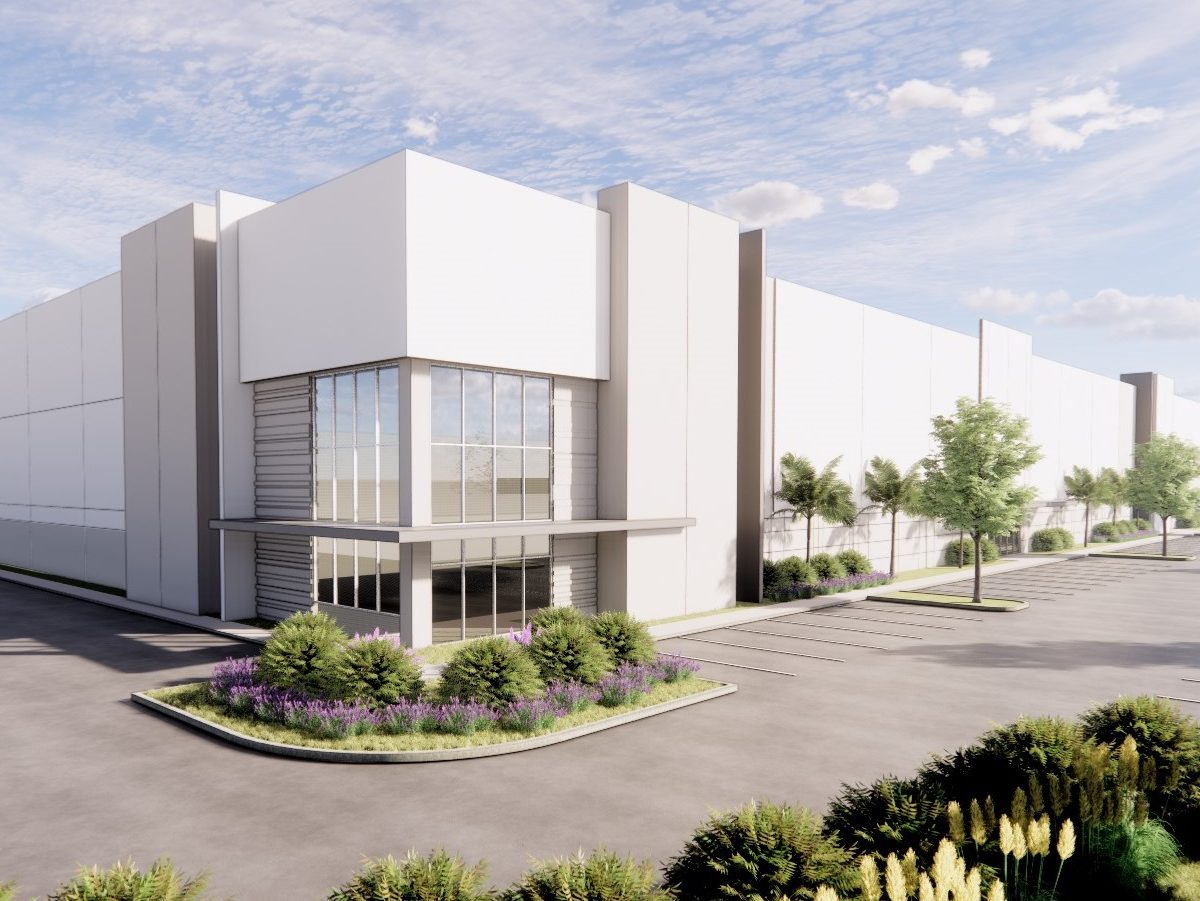
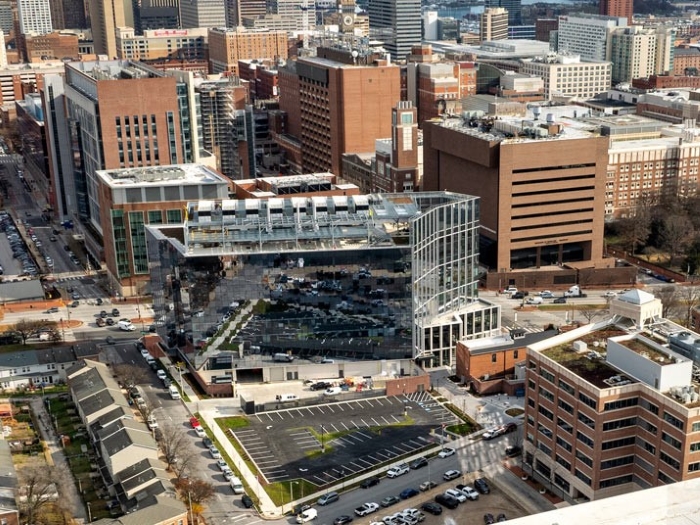
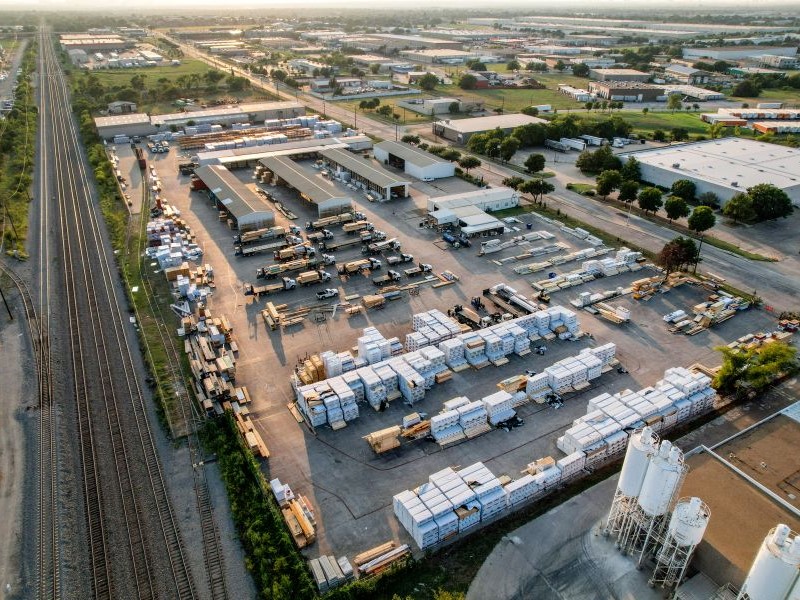
You must be logged in to post a comment.